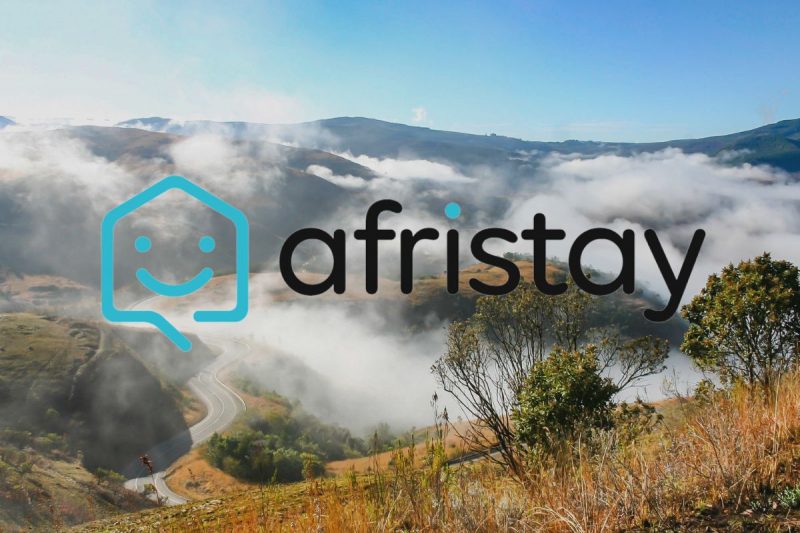South African accommodation booking platform Afristay has confirmed that it closed its business operations in early 2025.
Afristay director Rupert Bryant told MyBroadband that the company had significantly decreased in size by the end of 2023, with approximately 30 monthly bookings and two part-time staff members.
As a result, he said the business “wound down as part of an internal business decision and concluded operations in an orderly manner.”
While he did not elaborate on the reasons for this, Bryant told MyBroadband in the past that the COVID-19 lockdowns had a significant impact on the business.
The company used a model similar to LekkeSlaap and Airbnb, connecting hosts with travellers looking for a place to stay.
However, Afristay differentiated itself from competitors by tailoring its experience to suit South African travellers and making bookings fast and easy.
One way it achieved this was by assigning dedicated booking agents to each client, which initially proved effective, given that it averaged roughly 700,000 monthly web visitors in 2019.
Bryant told MyBroadband in 2019 that the company aimed to do R140 million in bookings that year. However, the world was shut down roughly a year later, bringing tourism and travel to a grinding halt.
Speaking to MyBroadband in May 2020, Bryant said the pandemic and lockdowns devastated their business and the industry.
“Before the lockdown, in early March, we were poised to have one of our best months,” he said. Within a few months, Afristay’s web traffic dropped 96% almost overnight, and sales were virtually zero.
“The lockdown put us in an utterly non-operational state. We have had to put a large majority of our staff on unpaid leave,” said Bryant.
In 2022, Afristay surveyed the impact of the pandemic on the South African accommodation sector, with responses from 750 of its 15,000 travel accommodation establishments.
Of the respondents, one-third said their business had returned to normal, while 41% said their businesses were still severely impacted.
The pandemic was also still affecting employment, as only 53% of the respondents had returned to their normal staffing levels.
Economic downturn
Because Afristay catered to local travellers, its downturn, and that of many others, can also be attributed to South Africa’s lack of economic growth.
This ultimately led to stagnant wages and increased unemployment, lowering the average disposable income and, consequently, the frequency with which South Africans travel.
Consumers today have 53% less purchasing power than in 2016, and salaries struggle to keep up with the cost of living in South Africa.
As a result, personal and payday loans are becoming increasingly popular amongst South Africans, with the average household spending 69% of their take-home pay on debt repayments.
South Africa has also been slow to implement measures that encourage international tourism, such as streamlined visa processes.
While Home Affairs recently announced its Electronic Travel Authorisation System and Trusted Tour Operators Scheme, it may have been too late to save many businesses in the sector.
At the same time, businesses like Airbnb and Booking.com also posed a threat to local startups catering to the same market.
However, a flourishing tourism sector consisting of international and local tourists would have created a large enough market for big and small players to prosper.
